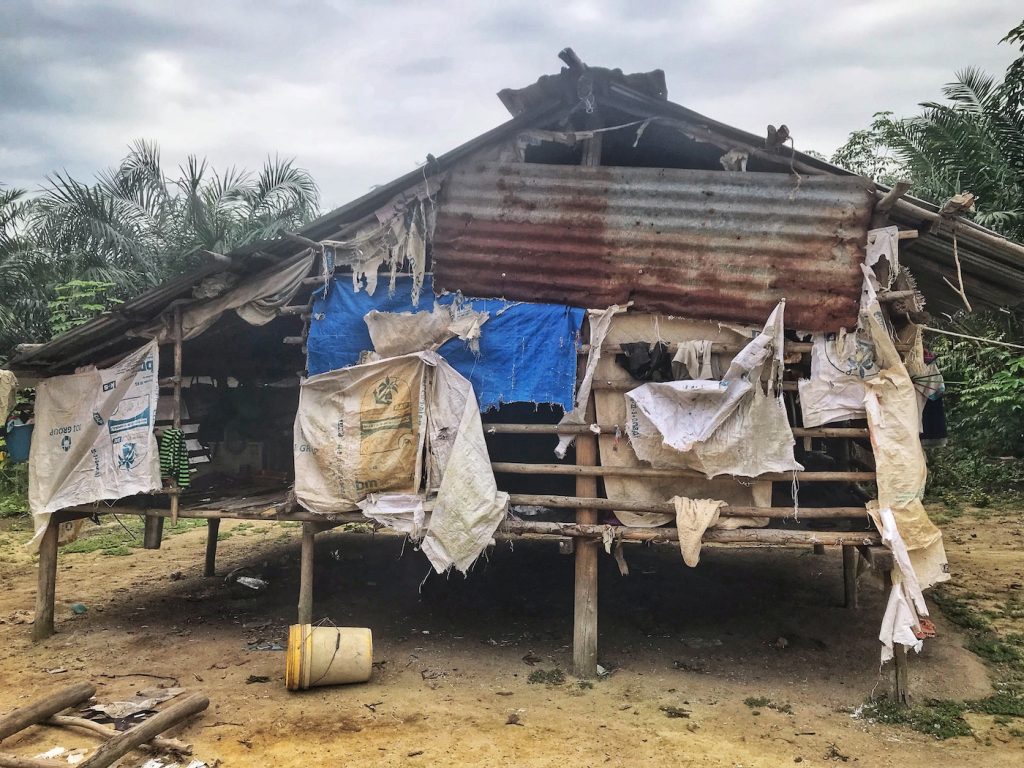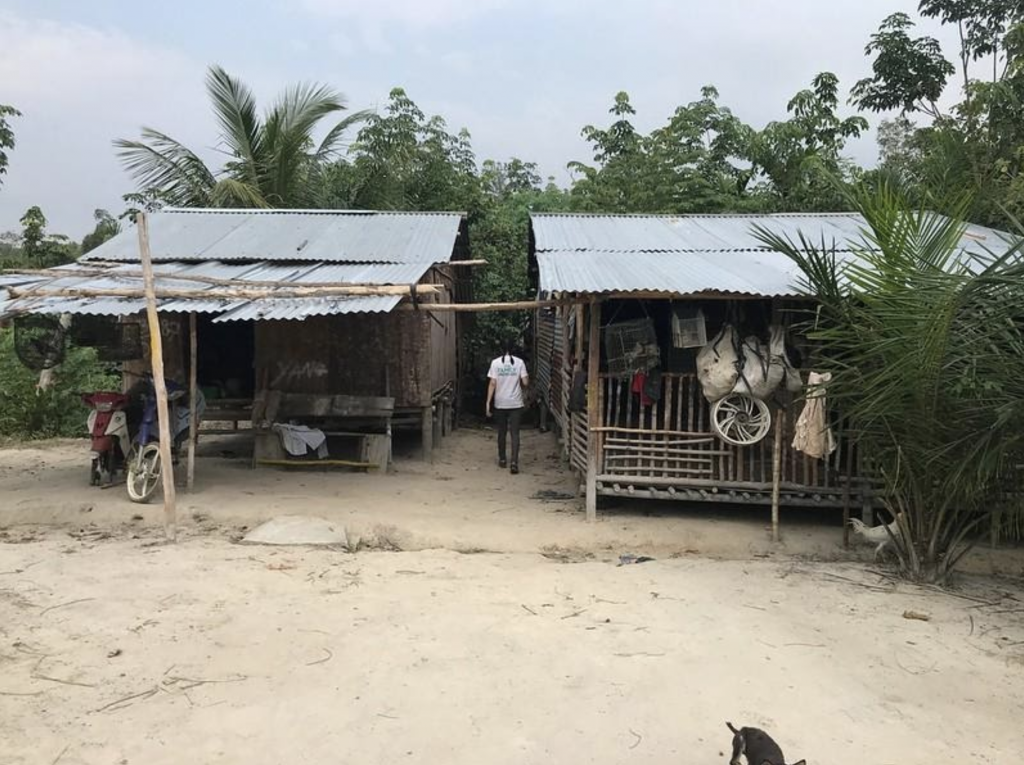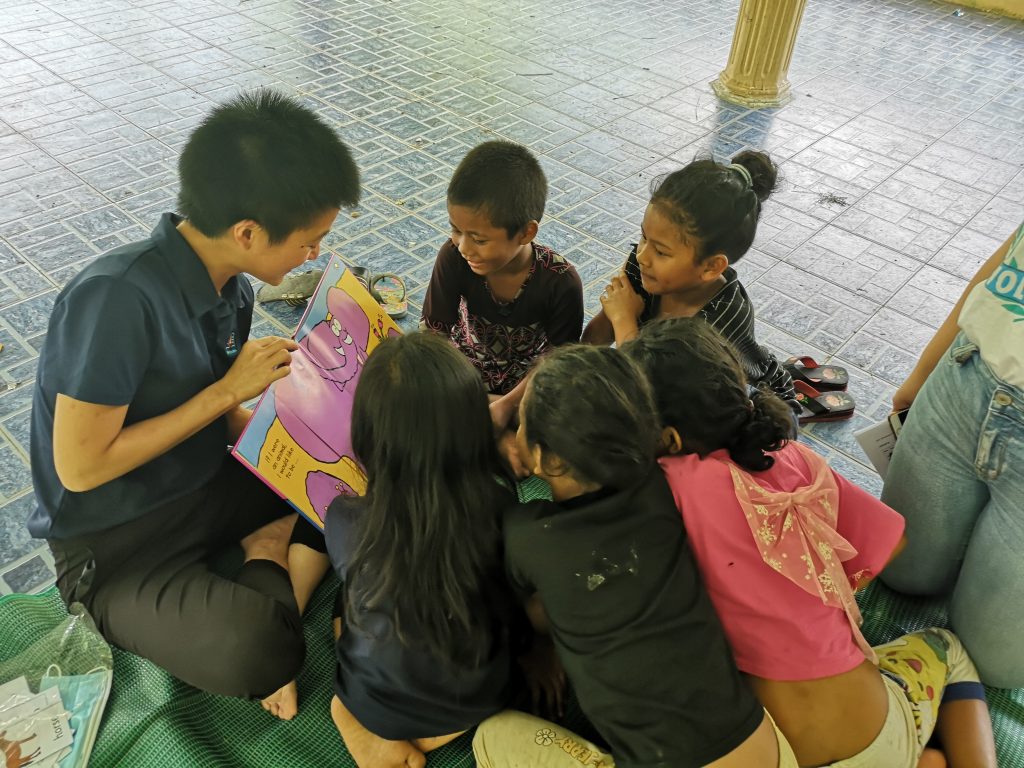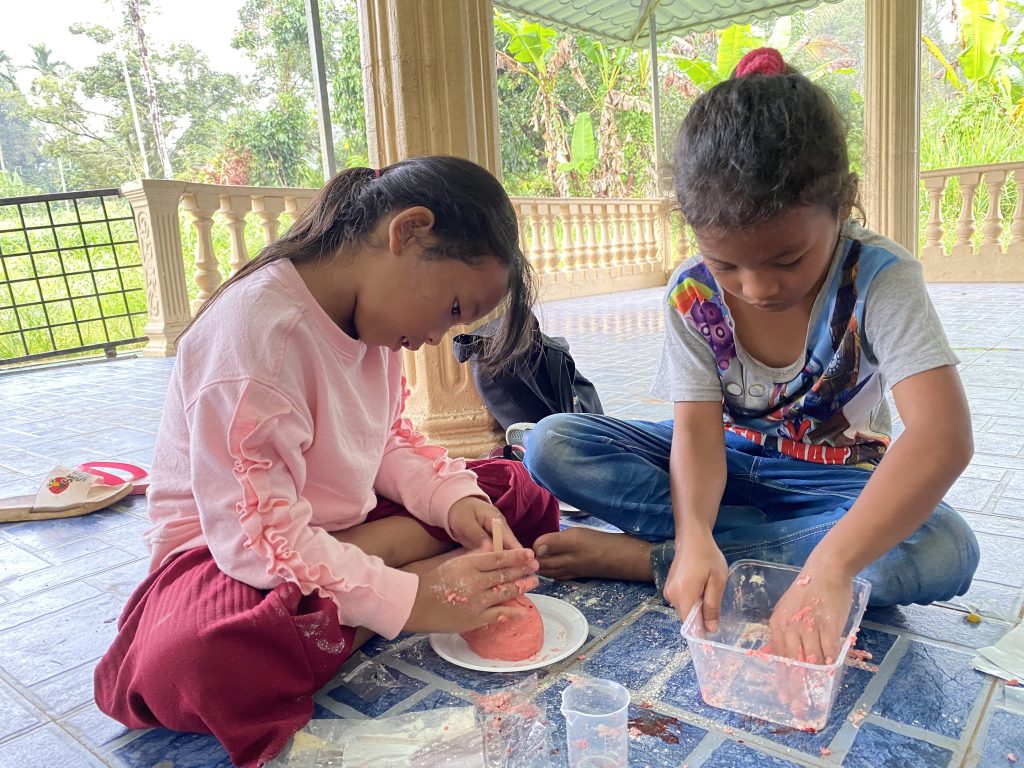The Indigenous people, also known as Orang Asli, are considered to be the most vulnerable people worldwide; This is no exception in Malaysia. As an intern at Global Peace Foundation, I have witnessed parts of Malaysia where the Orang Asli live with little to no access to basic necessities such as clean water, electricity, education and more. This costs them a decent living and a hopeful future.
In the 21st century where the majority of people are benefiting from what the advanced world has to offer, the Orang Asli continue to suffer from the lack of recognition of their rights and livelihood. The segregation of Orang Asli communities leads to an invisibility towards the general public and therefore causes the concerns of the Orang Asli to be pushed aside and forgotten.
During the Movement Control Order (MCO), many Orang Asli families faced a multitude of challenges as many were unable to sell their produce (such as serai, petai, and rubber) and in consequence lost their income. This, compounded by their concerns over the unknown nature of the Covid-19 virus, led many to depend on temporary food relief or look for alternative sources of income by grabbing job opportunities in jungles and plantations, as reported by Aminah Farid.

Dilapidated housing conditions in Orang Asli villages (Pekan, Pahang) 
Dilapidated housing conditions in Orang Asli villages (Pekan, Pahang)
To improve the livelihood of Orang Asli communities, Global Peace Foundation Malaysia has been working on many programmes that aims to address challenges of underserved communities. Our programmes strive to foster resilient Orang Asli communities by actively involving the community in decision-making to ensure a more sustainable impact.
An example is the Communities Unite for Purewater (CUP) program that focuses on providing Orang Asli communities with access to clean water and sanitation facilities. Under programs such as Born to Be, we strive to help children and youth realise their full potential and gain literacy and critical thinking skills.
My involvement in the Born to Be program, under guidance from Global Peace program officers, has given me the opportunity to see first-hand how the program has benefited the Orang Asli children and youth. Through play-based learning, focusing on building the children’s phonemic skills, we have collaborated with MyReaders, a non-profit organisation to reduce the illiteracy rate among the children and help the youth explore vocational opportunities outside of their comfort zone, especially during this challenging time.

Interactive storytelling session with the children 
Children experimenting with a volcanic science experiment
Temporary Assistance is Not Enough
It is a known fact that the lack of proper access to basic necessities impacts one’s life greatly and Global Peace has highlighted this to be one of the main reasons why the Orang Asli villagers are trapped in the vicious cycle of poverty that repeats itself for generations. Even with the help of independent organizations to help improve the lives of the Orang Asli, no sustainable changes can be made without solid changes in government policies and law to acknowledge the rights of the Orang Asli community.
As mentioned in the journal written by Kamarulzaman & Osman on Educational Policy and Opportunities of Orang Asli: A Study on Indigineous People in Malaysia, the Aboriginal Peoples Act 1954 should be reviewed to allow for better planning of sustainable development programmes that will provide our indigenous communities’ access to proper housing, electricity, clean water supply and education. This change can give long term solutions to the existing issues and offer the Orang Asli community a brighter future for the upcoming generations. This is because the provision to proper education allows the Orang Asli to see beyond what they are accustomed to seeing and will thus allow them to pursue better living standards.
Written by:
Ruhaishah Zulkifli, Associate Intern









